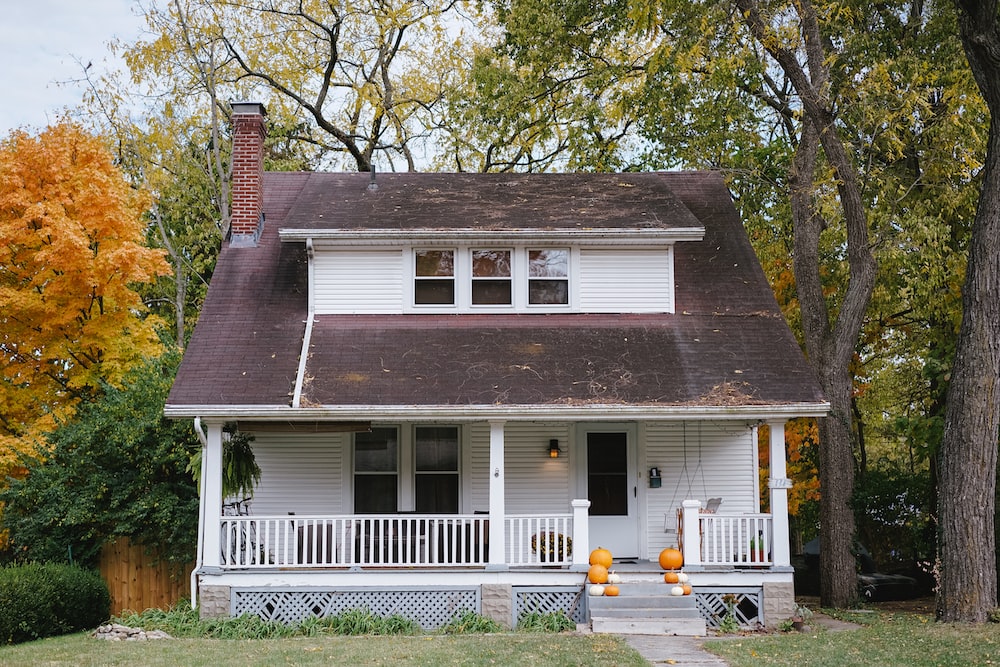Buying a home is one of the most significant investments you will ever make. It’s not just about finding the perfect location, but also ensuring that the actual property is in a suitable condition to live in. As such, getting a full home inspection is essential. A full home inspection is a thorough examination of a property’s condition and its various components, including structure, electrical, plumbing, and HVAC systems. In this article, we’ll explore the importance of a full home inspection and discuss how it can save you thousands of dollars in repairs down the road.
What is a full home inspection?
A full home inspection is a comprehensive examination of every aspect of a property’s condition. It includes evaluating the exterior and interior, as well as the various systems, such as electrical, plumbing, heating, and cooling. The inspector will examine the property’s structure, foundation, roof, insulation, and ventilation to ensure that it is free from any significant issues. The inspector will generate a detailed report on the property’s condition, which provides valuable insights into the property’s overall health.
The benefits of a full home inspection
A full home inspection provides several benefits to homebuyers. One of the most significant advantages is that it helps you avoid purchasing a property that has hidden issues. The inspector can identify any structural problems, such as a cracked foundation, that could be costly to repair if left untreated. The inspector will also evaluate the property’s electrical and plumbing systems to ensure that they are in good working order. They can detect any issues, such as leaking pipes or outdated wiring, that could cause significant damage if not addressed.
Another advantage of a full home inspection is that it can help you negotiate a better deal. If the inspection report reveals significant issues, you can negotiate with the seller to have them repaired, or you can ask for a reduction in price. This can save you thousands of dollars in repairs down the road. Additionally, a full home inspection provides peace of mind, knowing that you’re investing in a property that’s in good condition and will not require extensive repairs.
The potential costs of not getting a full home inspection
The cost of a full home inspection can range from a few hundred dollars to over a thousand, depending on the size and complexity of the property. While it may seem like an unnecessary expense, not getting a full home inspection can be far more costly in the long run. Without a thorough inspection, you could end up purchasing a property that has hidden issues that will require extensive repairs down the road. These repairs can cost thousands of dollars and can be a significant financial burden.
In addition to the financial costs, not getting a full home inspection can also be emotionally draining. Purchasing a property that has significant issues can cause stress and anxiety, and it can be challenging to sell a property that has known issues.
Common issues found during full home inspections
During a full home inspection, the inspector will evaluate every aspect of the property’s condition. Some of the most common issues that inspectors find include:
- Water damage: This can be caused by leaking pipes, a damaged roof, or inadequate ventilation.
- Electrical problems: Outdated wiring or overloaded circuits can be a fire hazard and should be addressed immediately.
- Structural issues: Cracks in the foundation or walls, uneven floors, or a sagging roof can indicate significant problems that need to be addressed.
- Plumbing problems: Leaking pipes, clogged drains, and outdated plumbing fixtures can cause water damage and other issues.
- HVAC issues: The heating and cooling system should be inspected to ensure that it’s in good working order and is energy-efficient.
How to choose a reputable home inspector
Choosing a reputable home inspector is essential to ensuring that you get an accurate assessment of the property’s condition. Here are some tips to help you choose a reputable home inspector:
- Check their credentials: Look for an inspector who is certified by a reputable organization, such as the American Society of Home Inspectors (ASHI) or the National Association of Home Inspectors (NAHI).
- Read reviews: Look for online reviews from previous clients to see what they have to say about the inspector’s services

